Peterbilt 379X For Sale – Quality products often come with warranties and customer service support, offering peace of mind to consumers who are investing in something that will serve them well over time. This revival can be attributed to a combination of economic factors, growing awareness of environmental issues, and a shift in consumer attitudes toward sustainability and the value of pre-owned items. With the rise of e-commerce, the accessibility of quality goods for sale has expanded exponentially. A blacksmith might craft a sword, a tailor might stitch a suit, and a potter might mold a vase. This can bring about feelings of uncertainty, as there’s no guarantee that the right buyer or partner will come along. For when everything is for sale, it’s easy to forget that the most important things in life are not commodities; they are experiences, relationships, and moments of connection that cannot be measured in dollars and cents. Through online marketplaces and platforms, small businesses and independent creators can sell their goods to a global audience. Thrift stores often carry a wide variety of goods, from clothing and accessories to furniture, books, and electronics, and each item comes with its own story. A person might sell a beloved possession to fund an important life change, such as starting a business, moving to a new city, or pursuing a dream. While buying and selling second-hand items can come with its challenges, the rewards—both financially and environmentally—make it a worthwhile pursuit for many people. Second-hand goods for sale have become an integral part of today’s economy, a trend that transcends geographic, economic, and cultural boundaries. For sellers, online platforms provide a global marketplace, allowing them to reach a wider audience than they would through traditional brick-and-mortar stores. Social movements and grassroots organizations work tirelessly to provide resources and support to those who need it, often without expecting anything in return. The role of business brokers and intermediaries has become increasingly important in today’s business-for-sale market. In this digital age, it often feels like there’s no such thing as privacy anymore, and that’s because we’ve essentially agreed to sell pieces of ourselves in exchange for recognition, affirmation, or even money. The concept of a circular economy, where products are reused and repurposed instead of discarded, is central to the appeal of second-hand goods. In this world, emotions can feel like products, available to be consumed at will and disposed of when they no longer serve a purpose. A high-quality winter coat, for example, will keep you warm and dry through years of cold weather, offering comfort and protection that a cheaper, mass-produced coat cannot match. The result is a society that increasingly prioritizes consumption over connection, profit over meaning, and exchange over understanding. A business for sale is not always as it appears on the surface, and the buyer must examine the company’s financial statements, contracts, debts, and even its customer relationships before deciding whether to proceed with the transaction.
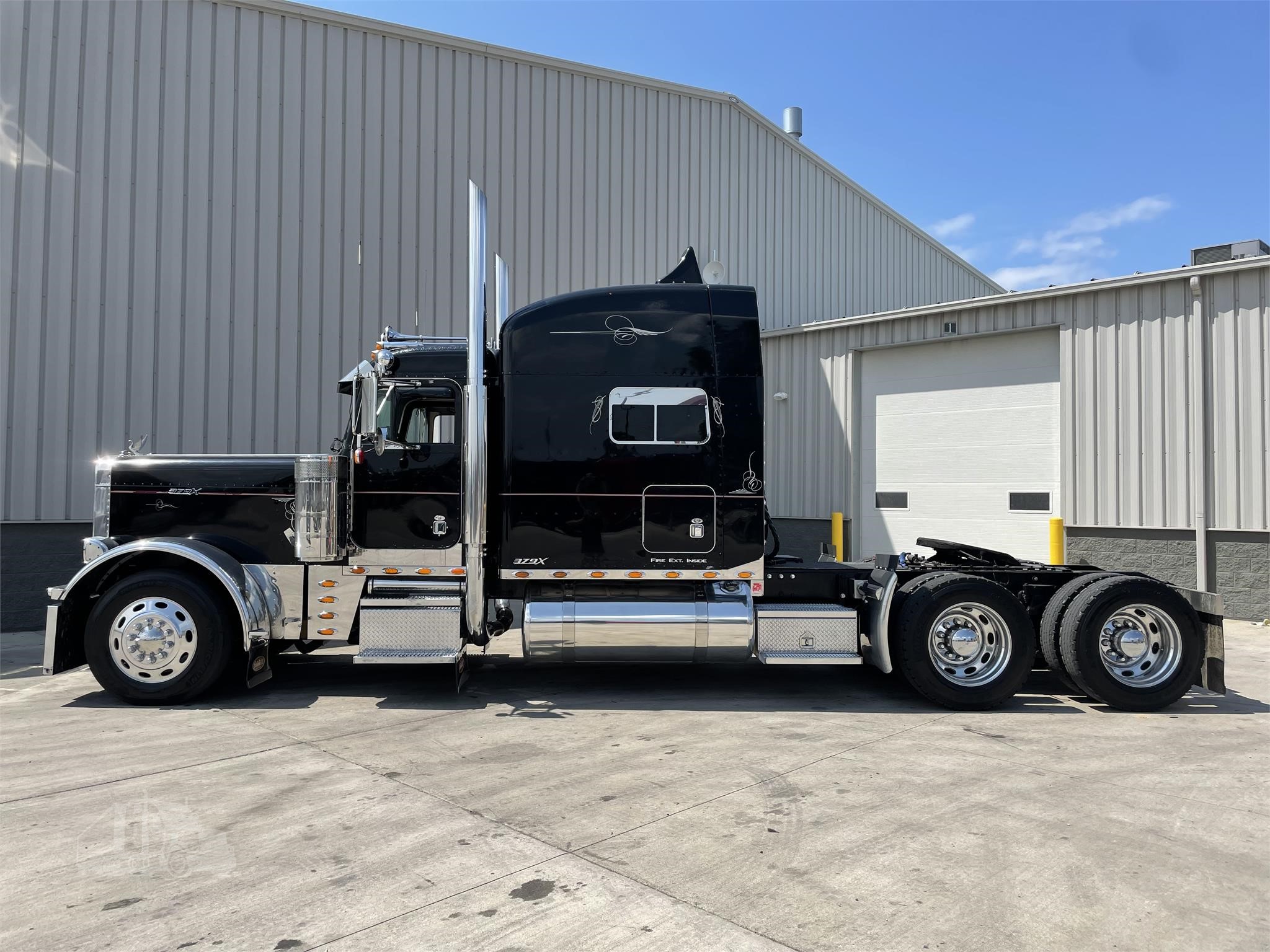
2004 PETERBILT 379X For Sale In Sandusky, Ohio
Multiple tank discountsget your free quote40 years of experience
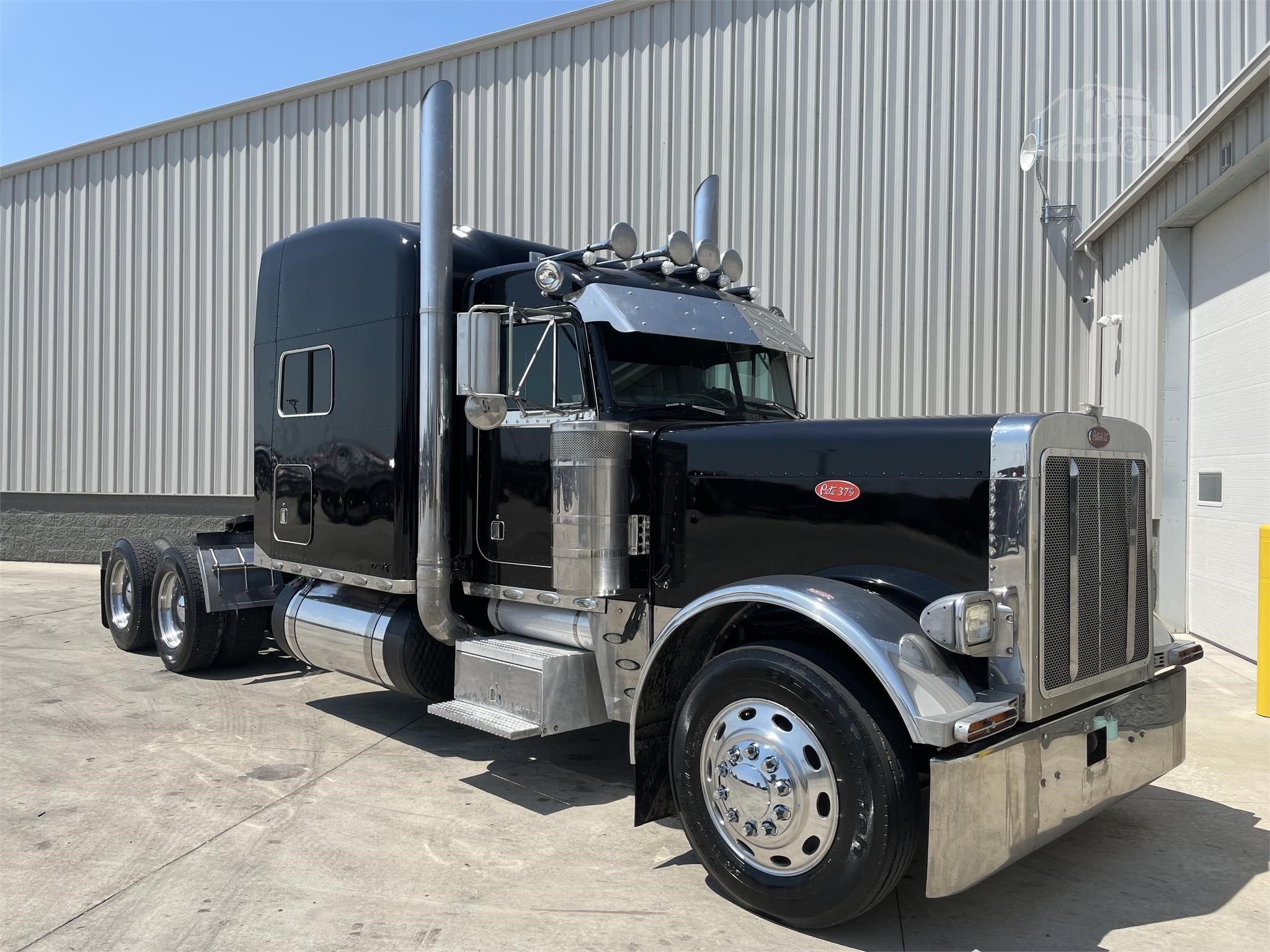
2004 PETERBILT 379X For Sale In Sandusky, Ohio
Multiple tank discountsget your free quote40 years of experience

2004 Peterbilt 379x For Sale Used Trucks On Buysellsearch
Multiple tank discountsget your free quote40 years of experience

Peterbilt 379x For Sale Used Trucks On Buysellsearch
Multiple tank discountsget your free quote40 years of experience

PETERBILT 379X Sleeper Trucks For Sale In Ohio 1 Listings
Multiple tank discountsget your free quote40 years of experience
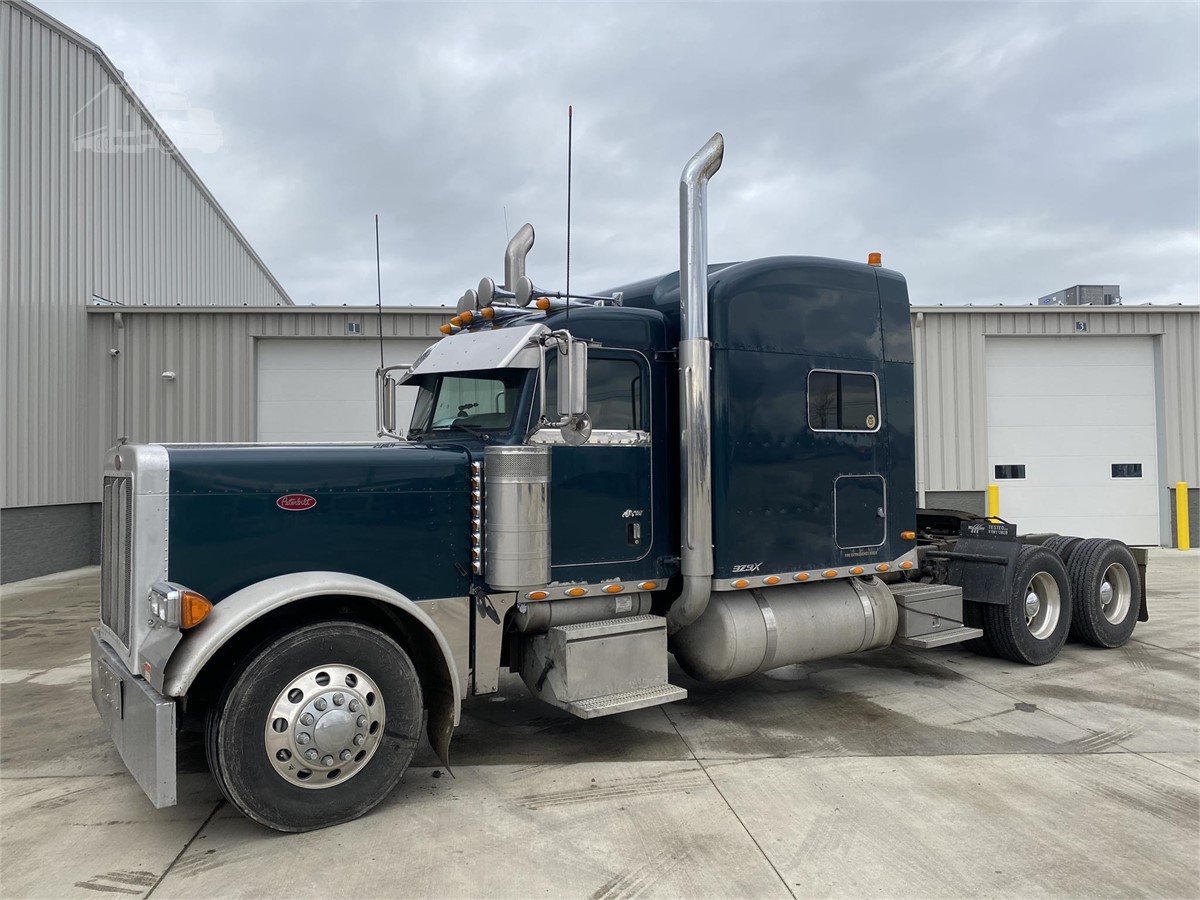
2005 PETERBILT 379X For Sale In Sandusky, Ohio
Multiple tank discountsget your free quote40 years of experience

Peterbilt 379x For Sale Used Trucks On Buysellsearch
Multiple tank discountsget your free quote40 years of experience
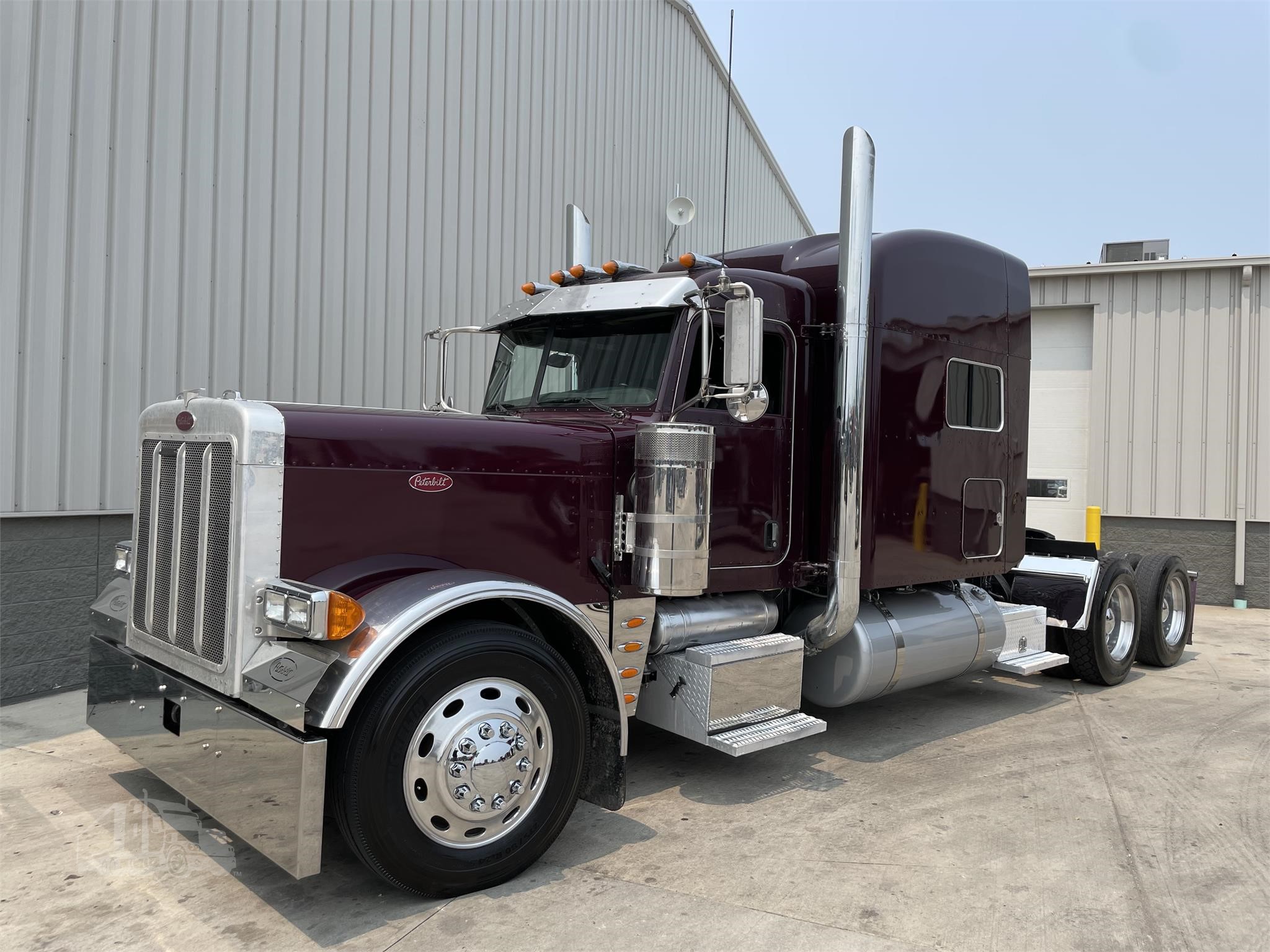
PETERBILT 379X Conventional Trucks W/ Sleeper For Sale By Ohio Truck
Multiple tank discountsget your free quote40 years of experience
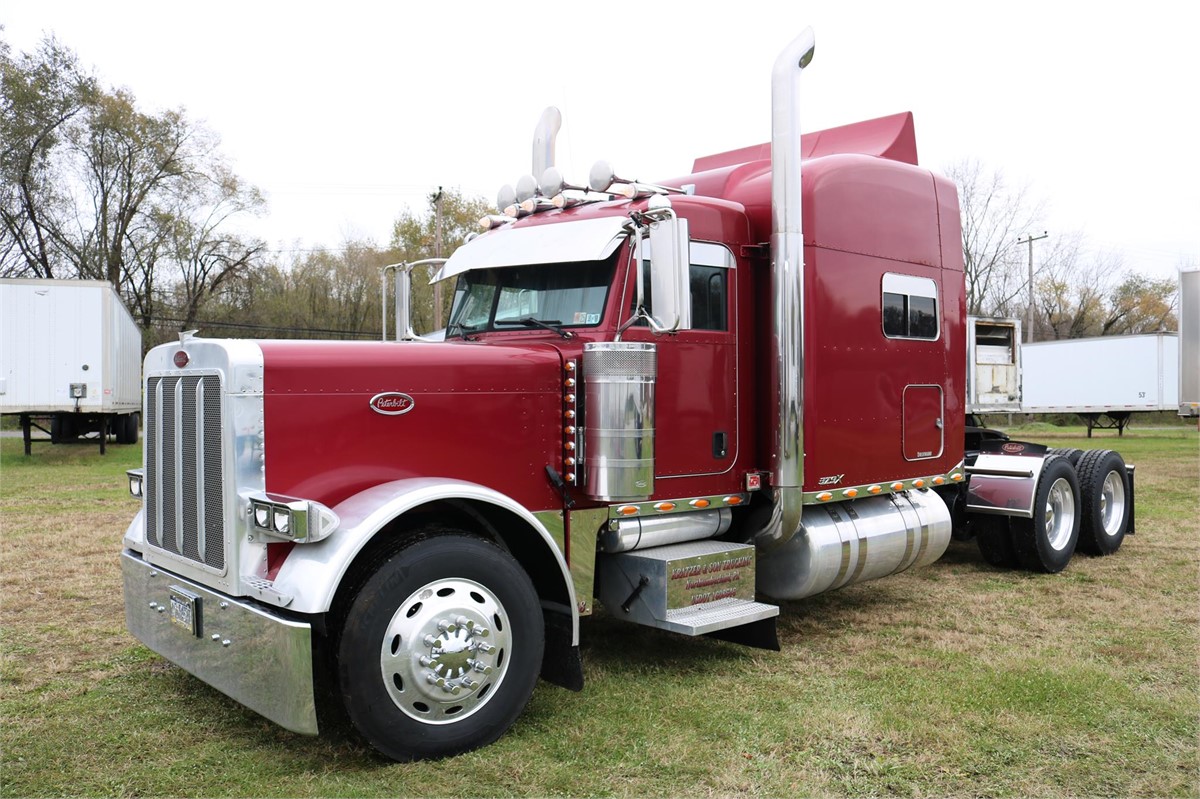
2006 PETERBILT 379X For Sale In Selinsgrove, Pennsylvania
Multiple tank discountsget your free quote40 years of experience

2005 Peterbilt 379x For Sale 14 Used Trucks From 64,977
Multiple tank discountsget your free quote40 years of experience
For when everything is for sale, it’s easy to forget that the most important things in life are not commodities; they are experiences, relationships, and moments of connection that cannot be measured in dollars and cents. When we begin to view everything through the lens of commerce, it’s easy to lose sight of the things that make life worth living — the moments that aren’t for sale, the experiences that can’t be bought. This has opened up new possibilities for people to find exactly what they’re looking for, whether it’s a specific brand of furniture or a limited edition item that was once sold out. When consumers buy these goods, they are investing in both the product and the people behind it. The practice of buying and selling second-hand items has been around for centuries, but in recent years, it has seen a resurgence. These professionals help connect buyers with sellers, ensuring that both parties are well-informed and that the transaction process is as smooth as possible. Some need the money, some want to declutter, and others might feel the urge to let go of possessions as they enter new phases in their lives. For instance, when someone is job hunting, it can feel like they’re placing themselves on the market, waiting for the right offer. The result is a society that increasingly prioritizes consumption over connection, profit over meaning, and exchange over understanding. Whether it’s vintage clothing, antique furniture, or used luxury watches, second-hand goods offer an opportunity for buyers to find quality items that are no longer available in stores. For environmentally conscious consumers, buying second-hand is not just a cost-effective choice, but a way to make a positive contribution to the planet. But even as we wrestle with the implications of living in a world where everything is for sale, we also see that this reality is not entirely negative. Are there things that should be kept beyond the realm of trade? Or has the marketplace — with its insatiable demand and promise of exchange — seeped into every facet of our being?
If everything is for sale, then the concept of value itself becomes fluid, subjective, and often manipulated. In times of financial hardship, such as during recessions or periods of high unemployment, more people may turn to second-hand goods as a way to save money. But in the end, whether it’s an item or an individual, the process of being “for sale” is a negotiation of worth, a moment of exchange. The same logic applies to tools, kitchen appliances, furniture, and even technology. Sellers also have to deal with the emotional aspects of letting go of a business that they may have built over many years. Social media platforms, for example, offer users a chance to buy into their own identity, to curate a version of themselves that is more appealing, more desirable, more marketable. Buying second-hand goods has numerous advantages. It doesn’t fall apart after a few uses, nor does it need to be replaced after a season.
This practice is an essential aspect of sustainability, as it helps conserve resources and reduces the amount of waste sent to landfills. With the rise of online platforms and a growing cultural shift toward sustainability, the second-hand market continues to thrive, providing consumers with more options and opportunities than ever before. Overpricing an item can lead to it sitting unsold, while underpricing it can result in lost potential revenue. Take, for example, a high-quality piece of furniture — a well-crafted sofa or dining table can last for decades if maintained properly. This is especially true in a world dominated by fast fashion, disposable electronics, and mass-produced products. They believe that certain things, like love, loyalty, and friendship, should be above the reach of commerce. But in the end, whether it’s an item or an individual, the process of being “for sale” is a negotiation of worth, a moment of exchange. There is also a growing trend of upcycling and repurposing second-hand goods, where items that may no longer serve their original purpose are transformed into something new and useful. Yet, even within this system, there is room for hope. For the seller, the goal is often to maximize the value of the business, which requires a clear understanding of the company’s assets, liabilities, and future earning potential. The due diligence process helps the buyer understand the risks involved, the company’s market potential, and any legal or operational hurdles that may exist. The idea that everything is for sale works to perpetuate inequality, as those with the most resources can continue to amass power and wealth, while others are left to scramble for what little they can get. In some cases, it’s not just objects that are for sale, but entire industries or institutions. The growing appeal of second-hand goods is also tied to a growing awareness of environmental issues. The sale agreement will include details about the purchase price, payment terms, assets being transferred, and any contingencies that may apply. Once an agreement is reached, the final step is the legal transfer of ownership. The rise of minimalist living, which emphasizes owning fewer, more meaningful possessions, has played a role in this shift. Additionally, second-hand furniture allows buyers to find unique items that may not be available in traditional furniture stores. Additionally, there is the challenge of integrating the business into their existing operations and ensuring that it continues to thrive under new ownership. Legal experts are often involved at this stage to ensure that the transaction is conducted in compliance with all relevant laws and regulations.